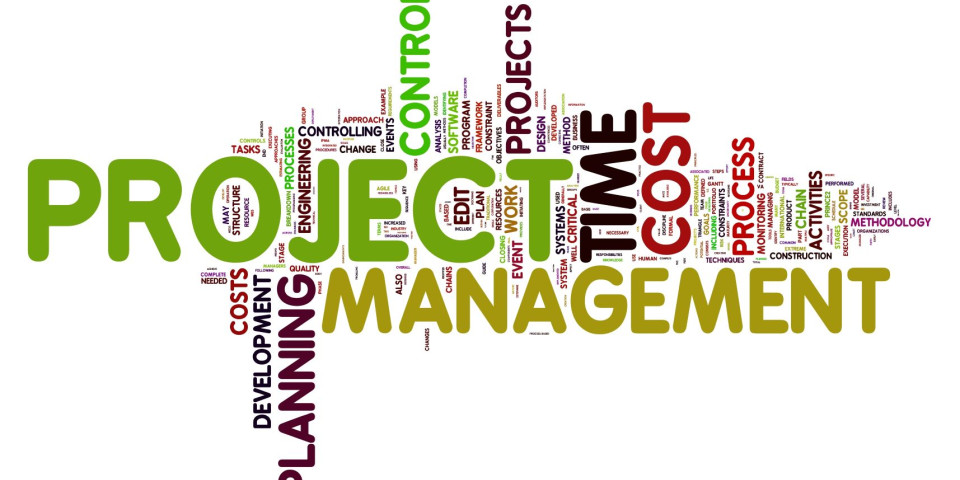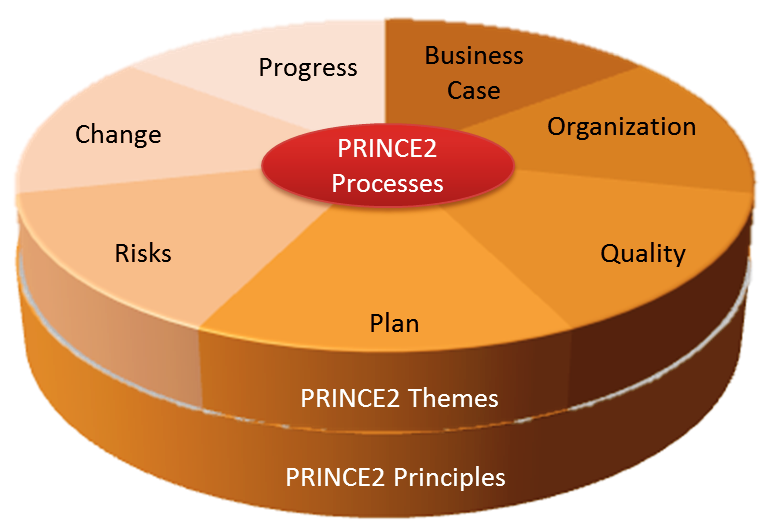Latest News
Project Management Training with ESS
Posted on Friday, 16th April 2021

Project management skills are essential for those overseeing the delivery of a project, no matter the size, scope, or nature of the job in hand. But with so many different pathways and methodologies available, it can be difficult to find the right training for your career. In today’s blog we take a look at a few of the main methods of project management out there, and break down the training options we have available at ESS.
What is project management?
Project management is the process of leading a team to successfully achieve a specific goal in a working environment. These projects could include anything from constructing a building, to creating a new website. Projects will require managers to apply a wide range of skills and experiences to effectively achieve objectives in accordance with project targets. Successful project management will require a range of skills including good leadership, communication, time management and budget management.
What does a project manager do?
Project manager is quite a broad term and their exact responsibilities will depend on the nature of the company and project in question. Generally speaking, they are in charge of the delivery of a project from start to finish. They will be responsible for the success of the project from the planning stages all the way through to it's completion. Project managers normally report directly to some form of senior management who will set them with goals, objectives and targets throughout the process.
Project manager responsibilities may include, but are not limited to:
- Budget and resource management
- Overseeing and monitoring the work of staff
- Time management
- Engaging with clients, customers, staff and managers
- Monitoring the project progress to ensure they are meeting targets
How to become a project manager
There are many different paths to becoming a project manager. One pathway is to work your way up from a junior position in a company and gradually take on more responsibilities. Showing eagerness and competency in these roles may lead to you being given managerial responsibilities. Some managerial positions will demand specific qualifications and experience before you can take on the role.
To improve your chances of employment when looking for project manager jobs, it might be worth looking into project management courses. This training will provide you with a range of transferrable project management skills which can be applied across a number of disciplines. There are multiple different project management training options out there to suit the needs of you, your company, and your sector.
What is PRINCE2 Project Management?
One of the most popular methods of project management is known as PRINCE2. PRINCE2 stands for ‘PRojects IN Controlled Environments’. This method is used by managers worldwide and across a wide range of different projects.
PRINCE2 project management provides a structured method of management that organises delivery into clear, defined steps. Establishing these steps from the outset using the PRINCE2 method can help projects stay on track, delivering to the original budget and time scales required.
At ESS, we provide two PRINCE2 courses; PRINCE2 Foundation and PRINCE2 Foundation & Practitioner. Both of these courses will provide you with all the information you need to understand the fundamentals of the PRINCE2 method and pass the PRINCE2 Foundation examination. Delegates on the Foundation & Practitioner course will also be provided workshops to help them understand the role of PRINCE2 practitioner, culminating in an exam.
Upon passing their exams, learners will be issued with digital certificates for their qualifications, as well as digital badges that they can use to display their new qualifications and credentials on social media. Please be aware that while the Foundation certificate has no expiry date, the Practitioner certificate is only valid for 3 years.
What is Agile project management?
Agile project management is a specific method of project management that provides an iterative approach to delivering projects. This means that large scale programmes are broken down into smaller iterations throughout the life cycle of the project.
The Agile approach breaks projects down into more manageable tasks. This allows managers more flexibility in adapting to challenges as they arise throughout a project. The Agile method was originally developed for use in software development, but its unique approach has since been used in a wide range of sectors and industries due to the flexibility and opportunities for collaboration it offers.
Our expert trainers can deliver both the AgilePM Project Management Foundation and the AgilePM Project Management Foundation & Practitioner courses. Both Agile courses offer a full grounding in the necessary knowledge and skills needed to complete the foundation exam, and are perfect for those who are intending to run projects using the DSDM® (Dynamic System Development Method) framework. The Practitioner course also provides additional content in order to successfully complete the Agile Practitioner examination.
What is a Scrum Master?
The role of Scrum Master is given to the person in charge of employing the Scrum system of project management within an organisation or for a specific project. The role has a wide range of responsibilities including managing staff, project planning, and liaising with managers and stakeholders.
Scrum uses the Agile methodology, breaking down large scale projects down into smaller, more manageable tasks. This allows for greater flexibility compared to more linear approaches to project management. Scrum’s core values can be broken down into 5 key areas:
 Commitment
Commitment- Focus
- Openness
- Respect
- Courage
ESS can help learners achieve Scrum Master certification through our ABC Scrum Master course. This APMG accredited course takes place over 2 days and will give individuals a thorough understanding of Scrum and how to implement Agile project management principles in the workplace. Successful delegates will be rewarded with an ABC Scrum Master e-certificate that does not expire. This could be incredibly useful for those looking for project management employment, or specific Scrum Master jobs.
Do project managers get paid well?
Due to the responsibilities involved in the role of project manager, you can expect to be rewarded with a decent wage. According to Reed, the current project management jobs advertised with them can range from £44,004 to £62,579 depending on location, along with level of responsibilities required and qualifications needed.
Further management training
If you are looking to kickstart your career in management, one of the best pathways is through our Level 3 Management Trailblazer (Team Leader/ Supervisor) qualification. This provides extensive learning and training opportunities for those who have just started, or are about to take on, managerial responsibilities. You can find out more by reading our blog ‘Level 3 Management Trailblazer: Your Route to Management’.
If you are interested in construction project management, you may want to look at getting a CSCS Black card (also known as the CSCS Manager's card). To get a CSCS Manager’s card, you will need to have completed a relevant Level 5, 6, or 7 NVQ. To find a full list of the construction NVQs we offer, head over to our NVQ page and search for the qualification you need. To find out more about the CSCS Black card, you can read our blog ‘CSCS Cards: How Do I Get A Manager's CSCS Black Card’.
If you want to speak to a member of our team about any of the training we provide, you can call us on 0115 8970 529, or email us at info@essentialsiteskills.com.


